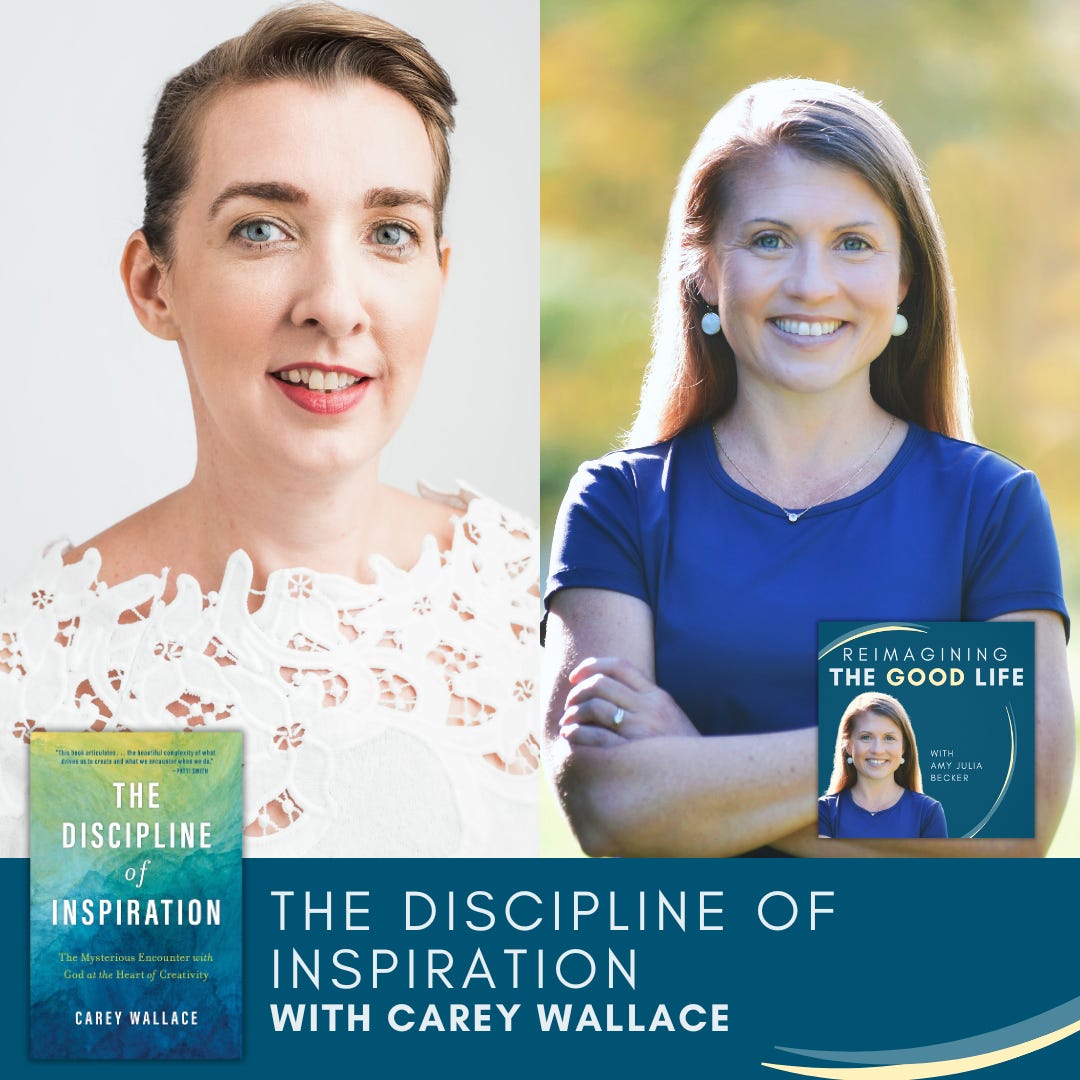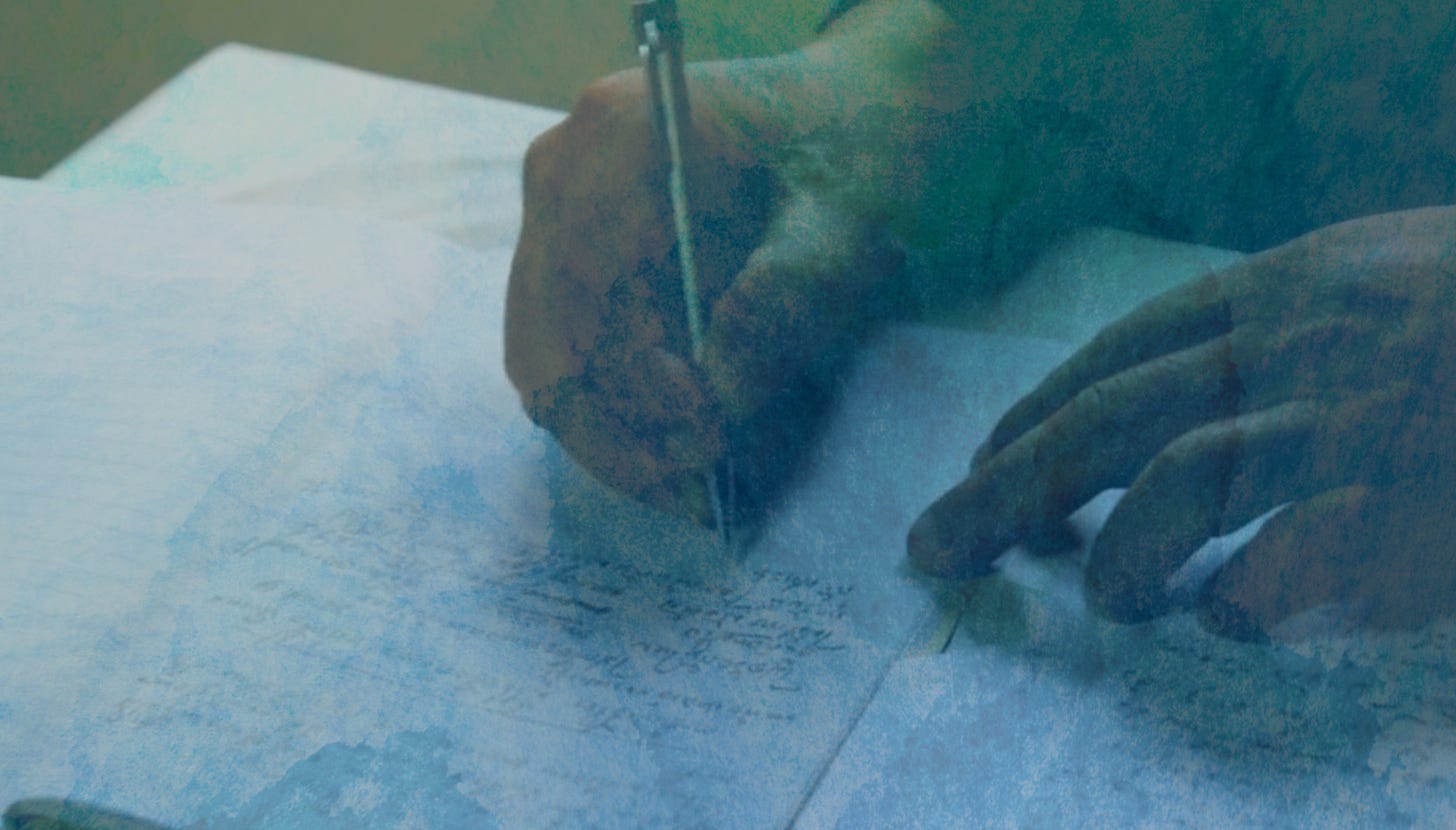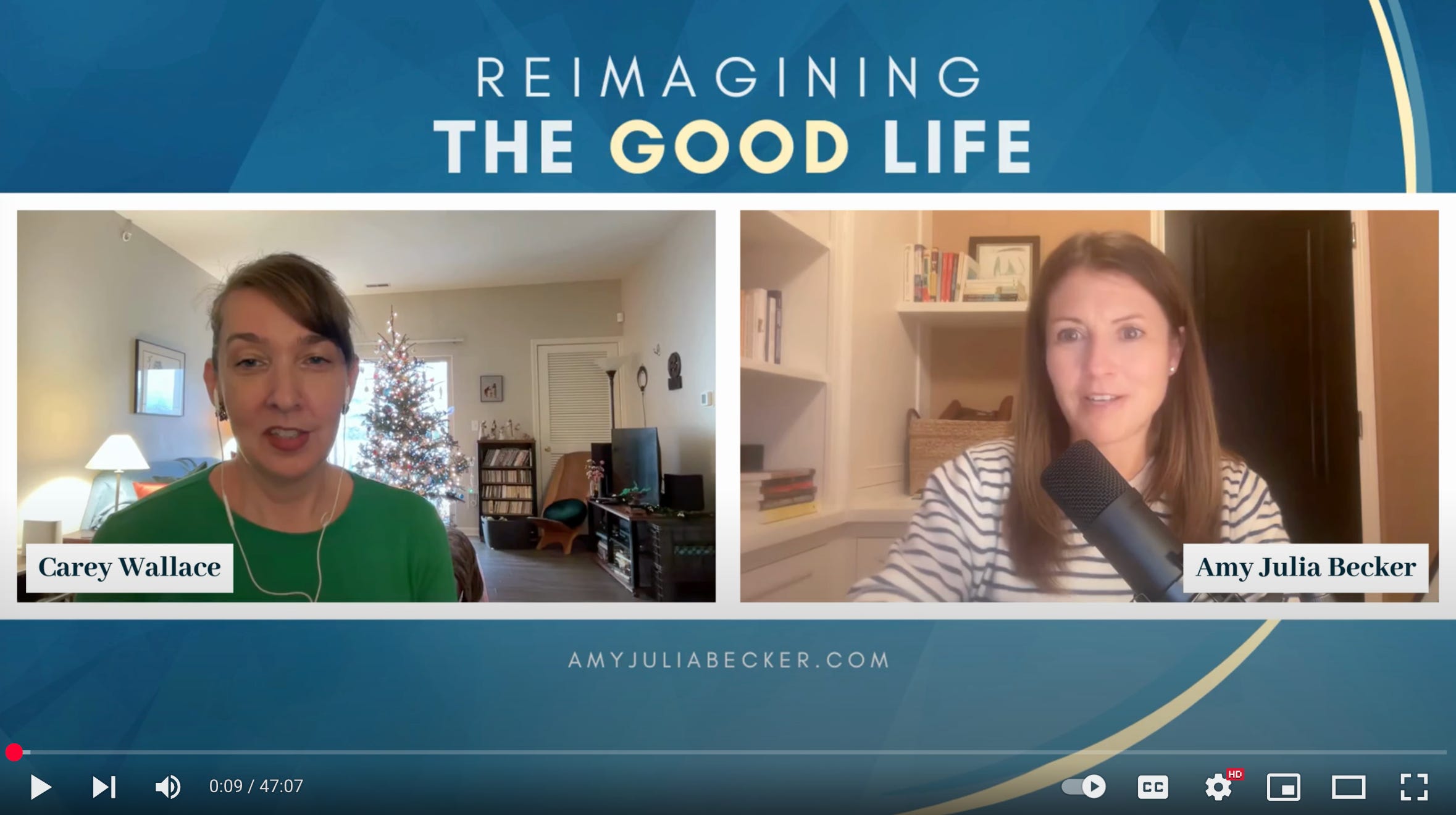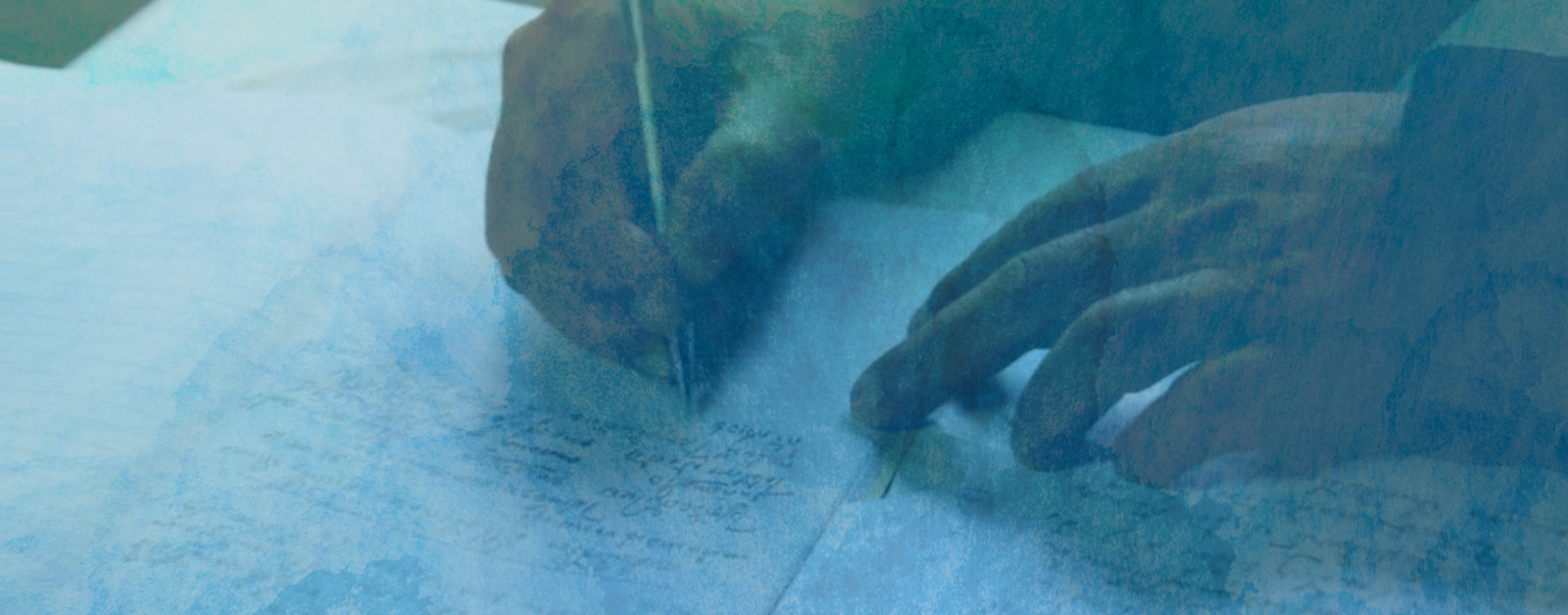Every New Year, it’s the same message on repeat: Try harder. Work harder. Think harder. We hear it everywhere—from fitness apps and social media gurus to life-hack enthusiasts and even friends. I’ve often said it to myself.
But here’s the catch: while society glorifies effort and productivity, it also hands us endless ways to coast through life as passive consumers. So, how do we break free? How do we live a creative, fulfilling life that isn’t defined by productivity or dulled by endless entertainment?
That’s what I explore with my friend and artist Carey Wallace on the podcast. She shares insights from her new book, The Discipline of Inspiration, offering three ways to shift from mindless consumption and relentless production to a space of receptivity and creativity.

Listen on Apple🎙️ | Listen on Spotify🎙️ | Watch on YouTube🎬
1. Get better at consumption. Carey says consuming entertainment is going to happen, but she believes we can approach it more intentionally. Instead of just consuming, she suggests framing entertainment as an opportunity for confrontation or conversation. It’s a healthier, more engaging way to experience it.

2. Start creating. Before you protest, “But I’m not an artist,” Carey says all humans can explore their creative potential and embrace the joy of creation. Creating is not limited to those with world-class talent.
“How sad it is that we have commodified art to the point that people think that they shouldn’t sing if they are not Aretha Franklin.”
She goes on to say,
“We watch a lot of cooking shows where we don’t get to eat anything. We watch a lot of home shows that aren’t actually us in our own homes, doing things with the people we love. I think [these shows] can be their own art form… [but ultimately] wonderful things happen when we actually make stuff, when we actually do stuff, when it’s not just about consumption.”
We embrace the joy of creation when we experiment with a recipe. When we sing a song. When we plant a garden in our backyard and imagine whom we can share it with.
Which brings us to…
3. Allow inspiration to be a part of imagination.
Lest creating and making pull us toward culture’s message of “try harder, think harder,” Carey reminds us that
“The central activity of creation is not to think, but to pay attention; not to concentrate, but to yield; not to speak, but to listen. The action that welcomes inspiration is surrender.”1
She says, “I realized that the fundamental gesture then of an artist is not drawing the line or singing the note, but surrendering to that thing that is trying to come through us.” The truth is, our culture is great at offering productivity tools but teaches little about surrender. That’s why Carey has turned to spiritual practices like prayer, silence, solitude, and community. These disciplines nurture the art of surrender, and surrender welcomes inspiration’s animation of a creative and flourishing life.
“You need imagination to love—because you need to think about what the other person’s experience is. You need imagination to make choices about your life—because you need to imagine where that is going to take you. And I think our imaginations can be very limited unless we allow inspiration to be part of that. And when we allow inspiration to be part of that, all of those choices can turn into art forms. Our relationships can turn into art forms.”

I hope you’ll watch or listen to—and share—this conversation as we explore how to expand our imagination for what is good, what is life, and what is mutually beneficial in the world.
Let’s stay in touch. Subscribe to my newsletter to receive weekly reflections that challenge assumptions about the good life, proclaim the inherent belovedness of every human being, and envision a world of belonging where everyone matters. Follow me on Facebook, Instagram, and YouTube and subscribe to my Reimagining the Good Life podcast.



